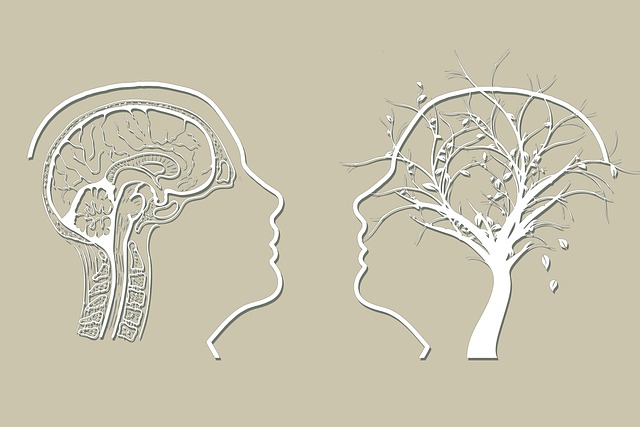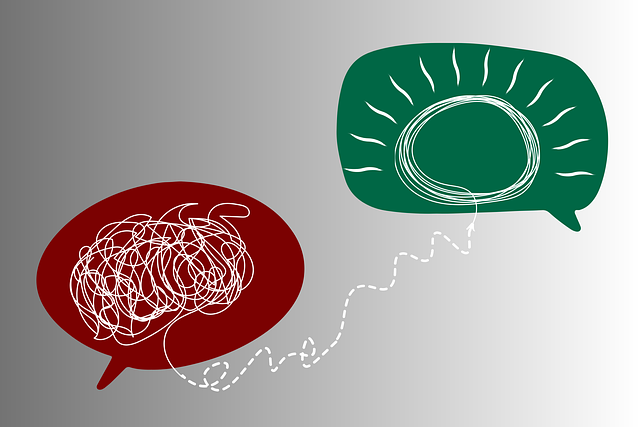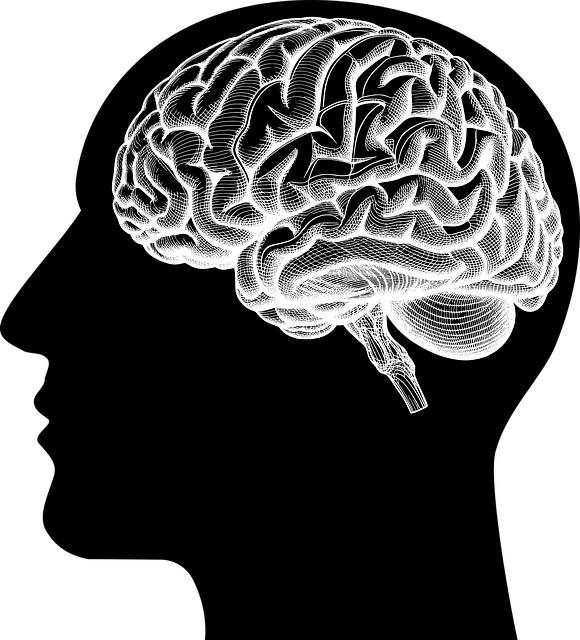Lafayette Couples Counseling Therapy (LCCT) emphasizes the importance of prioritizing mental wellness in a demanding world, offering specialized coaching programs that empower individuals and professionals with resilience and emotional balance. Through a strategic blend of cognitive strategies and emotional awareness, LCCT's holistic approach combines professional guidance with compassion cultivation to enhance communication, manage anxiety, and strengthen relationships. The program continuously improves based on client feedback and data-driven insights, incorporating tools like Mental Wellness Journaling to reinforce positive thinking and self-care habits, ultimately enhancing quality of life and relationship dynamics.
Mental wellness coaching programs have emerged as a vital tool in addressing the growing need for accessible psychological support. This article explores the development of such programs, with a specific focus on integrating Lafayette Couples Counseling Therapy techniques. We delve into understanding the demand for these initiatives and provide strategies for effective implementation, ensuring continuous improvement. By examining these aspects, we aim to highlight how tailored coaching can revolutionize mental health care, offering individuals valuable guidance and empowerment.
- Understanding the Need for Mental Wellness Coaching Programs
- Designing Effective Lafayette Couples Counseling Therapy Integration
- Implementation and Continuous Improvement Strategies
Understanding the Need for Mental Wellness Coaching Programs

In today’s fast-paced and often stressful world, mental wellness is more crucial than ever for individuals seeking to thrive, both personally and professionally. This need has given rise to an increased demand for effective coaching programs that prioritize mental health and well-being. Lafayette Couples Counseling Therapy offers a prime example of how specialized coaching can significantly impact individuals’ lives by providing tools and strategies to navigate life’s challenges with resilience and emotional balance.
The importance of such programs extends beyond individual growth; they are essential components in risk management planning for mental health professionals, ensuring they have the resources to maintain their own well-being while supporting others. Additionally, coaching can play a pivotal role in burnout prevention strategies for healthcare providers, fostering a culture of self-care and resilience within the medical community. By integrating Self-Care Routine Development for Better Mental Health into their practices, coaches empower clients to create sustainable habits that enhance overall mental wellness, ultimately contributing to improved quality of life and stronger relationships.
Designing Effective Lafayette Couples Counseling Therapy Integration

Integrating Lafayette Couples Counseling Therapy into wellness coaching programs requires a thoughtful and strategic approach. By incorporating techniques from compassion cultivation practices, coaches can create a safe and supportive environment for couples to explore their emotional intelligence and navigate challenges together. This holistic method goes beyond traditional counseling by empowering partners with tools to manage anxiety relief and foster open communication.
Effective integration involves tailoring sessions to the unique needs of each couple, blending cognitive strategies with emotional awareness. Coaches should model active listening, empathy, and non-judgmental attitudes, mirroring the core principles of Lafayette Couples Counseling Therapy. This blend of professional guidance and compassionate cultivation can profoundly impact participants’ relationships, fostering deeper connections and enhancing overall mental wellness.
Implementation and Continuous Improvement Strategies

Implementing a Mental Wellness Coaching program requires a strategic approach to ensure its effectiveness and appeal to diverse participants. At Lafayette Couples Counseling Therapy, we emphasize continuous improvement as a cornerstone of our coaching initiatives. Regularly gathering feedback from clients and coaches is vital to understanding the program’s strengths and areas for enhancement. This data-driven method involves conducting post-coaching evaluations, where participants share their experiences and suggest improvements. By analyzing these insights, we can refine our techniques, adapt content to meet evolving needs, and ensure cultural competency, as evidenced by our Healthcare Provider Cultural Competency Training.
Additionally, integrating practical tools like Mental Wellness Journaling Exercise Guidance can reinforce positive thinking and self-care habits. Encouraging clients to reflect on their progress through journaling allows them to identify triggers, track improvements, and cultivate a more positive mindset. This strategy complements the coaching process by providing individuals with a personal record of their mental wellness journey. Through ongoing assessment and innovation, our program evolves to offer Lafayette Couples Counseling Therapy clients the best possible support for their mental health and well-being.
Mental wellness coaching programs, such as those incorporating Lafayette Couples Counseling Therapy techniques, are essential tools for fostering resilience and enhancing overall well-being. By integrating effective therapy models, these programs can provide personalized support, enabling individuals to navigate life’s challenges with greater equanimity. Through continuous improvement strategies, coaches can refine their practices, ensuring that every session is impactful and beneficial. This holistic approach to mental health not only benefits the individual but also contributes to a more resilient and supportive community.














